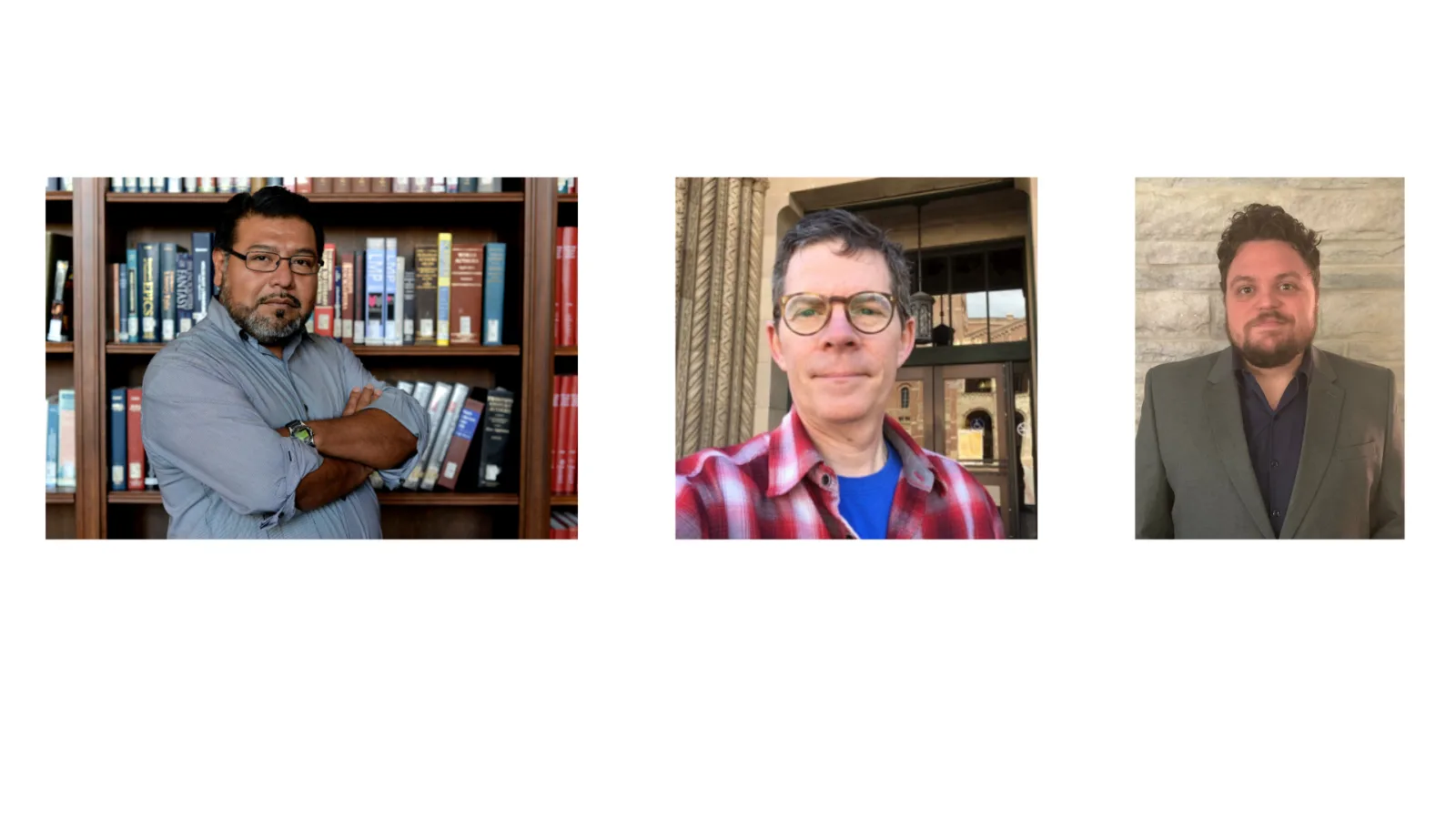Coalition Architecture: Forging Solidarity in a Fragmented City
Tobias Higbie, University of California, Los Angeles and Gaspar Rivera-Salgado, University of California-Los Angeles
The story of organized labor’s declining power and influence in the United States beginning in the 1970s is all-too familiar to historians and organizers. Deindustrialization undermined the power of unions while neoliberal austerity endorsed union-busting, decimated municipal finances, and promoted marketization of social provision. In some of the failed efforts of those dark days, however, we find the outlines of contemporary progressive organizing. We explore three intertwined case studies from Los Angeles in the 1970s and 1980s: union campaigns among undocumented immigrants, efforts to stop plant closures and mass layoffs, and a municipal ballot initiative against military contractors. These experimental organizing campaigns developed a shared commitment to coalition building that, over time, trained a network of activists, challenged the power of state and corporate actors, prepared organized labor to grow in the 1990s and then play a leading role in California’s progressive politics of the 2000s. Ironically, it was organized labor’s structural weakness and lack of unity in the 1970s that created the context for more dynamic and inclusive organizing coalitions. We also see the labor and labor-adjacent campaigns of the 1970s and 1980s as part of a longer multi-tendency legacy of organizing on the left. Rethinking the role of experimentation and failure in movements for social change, we hope to contribute to a better understanding of both labor history and the prospects for the current upsurge in unionization and progressive politics in the U.S.
Tomorrow Never Came: The Making of a Postindustrial City
What comes to mind when someone says, “the Rust Belt?” Whatever images, memories, or conceptions people associate with the term, everyone is likely thinking about the same thing, deindustrialization. Most people think of deindustrialization as the end. What many Americans do not think of though, is what comes after, postindustrialization. Deindustrialization – the process of losing, or shifting away from, an industrial manufacturing economy – and postindustrialization – the process of transitioning to a new economy dominated by new sectors such as the service industry, medicine, finance, high-technology, and higher education – are two of the driving forces in modern America and in recent American history. Tomorrow Never Came examines the industrial city of Toledo, Ohio. By tracing its transition from industrial-deindustrial-postindustrial, I argue that postindustrial cities were actively made. Furthermore, I argue that this process was simultaneous to the process of deindustrialization, not simply the next step in a city’s lifespan, pushing back against the narrative that deindustrialization was the end of the process and instead arguing that all of these phases are part of a longer, continuous story which is still on-going. The paper is a chapter in a book project, Tomorrow Never Came: The Making of a Postindustrial City, Toledo, Ohio 1950-2000, hopefully soon to be under contract (I’m in conversations with a university press as we speak).
Respondent: Gabriel Winant, University of Chicago
Registration
This event is free, but all participants must register in advance below. Space is limited, so please do not request a paper unless you plan to attend.
Register and Request PapersAbout the Labor History Seminar
The Newberry Labor History Seminar provides a forum for works in progress that explore the history of working class people, communities, and culture; class and state policy; unions and popular political movements; and other related topics.
Co-coordinators are Peter Cole (Western Illinois University), Colleen Doody (DePaul University), Liesl Orenic (Dominican University), and Elizabeth Tandy Shermer (Loyola University Chicago).
